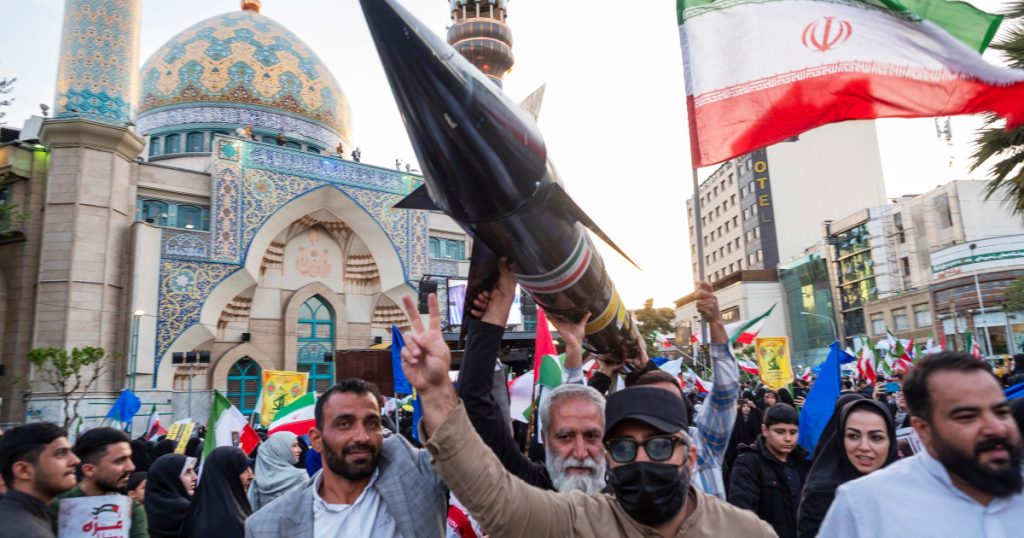The United States is set to impose new sanctions on Iran and entities that support its Islamic Revolutionary Guard Corps, with National Security Advisor Jake Sullivan announcing that these measures will be put in place in the coming days. Additionally, the U.S. military will work to strengthen missile defense and early warning systems across the Middle East to weaken Iran’s missile and UAV capabilities. Sullivan highlighted that these new sanctions and measures are part of a broader strategy to contain and degrade Iran’s military capacity and effectiveness, as well as to address its problematic behaviors. The European Union is also planning to increase its sanctions against Iran, demonstrating a unified front against the country.
In terms of the ongoing Gaza cease-fire talks and negotiations for the release of Israeli hostages by Hamas, a senior Arab diplomat revealed that these discussions are currently at a standstill. The official, who has direct knowledge of the negotiations, noted that tensions with Iran have taken precedence following Israel’s attack on the Iranian embassy compound in Damascus on April 1. The Arab diplomat did not assign blame for the stalled talks but emphasized that they are on hold. Israel’s Prime Minister Benjamin Netanyahu’s office stated that Hamas had recently rejected the country’s offer for a deal, further complicating the situation.
The decision to impose new sanctions on Iran and strengthen missile defense in the Middle East reflects ongoing efforts by the United States to address Iran’s military capabilities and activities in the region. These measures are part of a broader strategy to contain Iran and confront its problematic behaviors. By enhancing missile defense systems and early warning capabilities, the U.S. aims to limit Iran’s missile and UAV capabilities, thereby reducing its overall military effectiveness. The European Union’s commitment to increasing sanctions against Iran further underscores the international community’s united front against the country.
Despite efforts to reach a cease-fire in Gaza and secure the release of Israeli hostages held by Hamas, negotiations are currently at a standstill, according to a senior Arab diplomat familiar with the talks. The diplomat noted that discussions have stalled, with tensions related to Iran’s activities taking center stage following Israel’s actions in Damascus. The Arab official did not attribute blame for the frozen talks but emphasized that they are currently on hold. Israel’s Prime Minister Netanyahu’s office mentioned that Hamas had rejected Israel’s latest offer for a deal, indicating the challenges in reaching a resolution in the region.
The United States and the European Union’s decision to impose sanctions on Iran and strengthen missile defense in the Middle East will have significant implications for the region and beyond. These actions are part of a broader strategy to contain Iran’s military capabilities and address its problematic behaviors, with the goal of degrading its overall effectiveness. The focus on enhancing missile defense systems and early warning capabilities underscores the importance of countering Iran’s missile and UAV capabilities to reduce threats in the region. The stalled cease-fire talks and negotiations for the release of Israeli hostages by Hamas highlight the complex dynamics at play in the Middle East, with tensions related to Iran further complicating efforts to reach a resolution.













